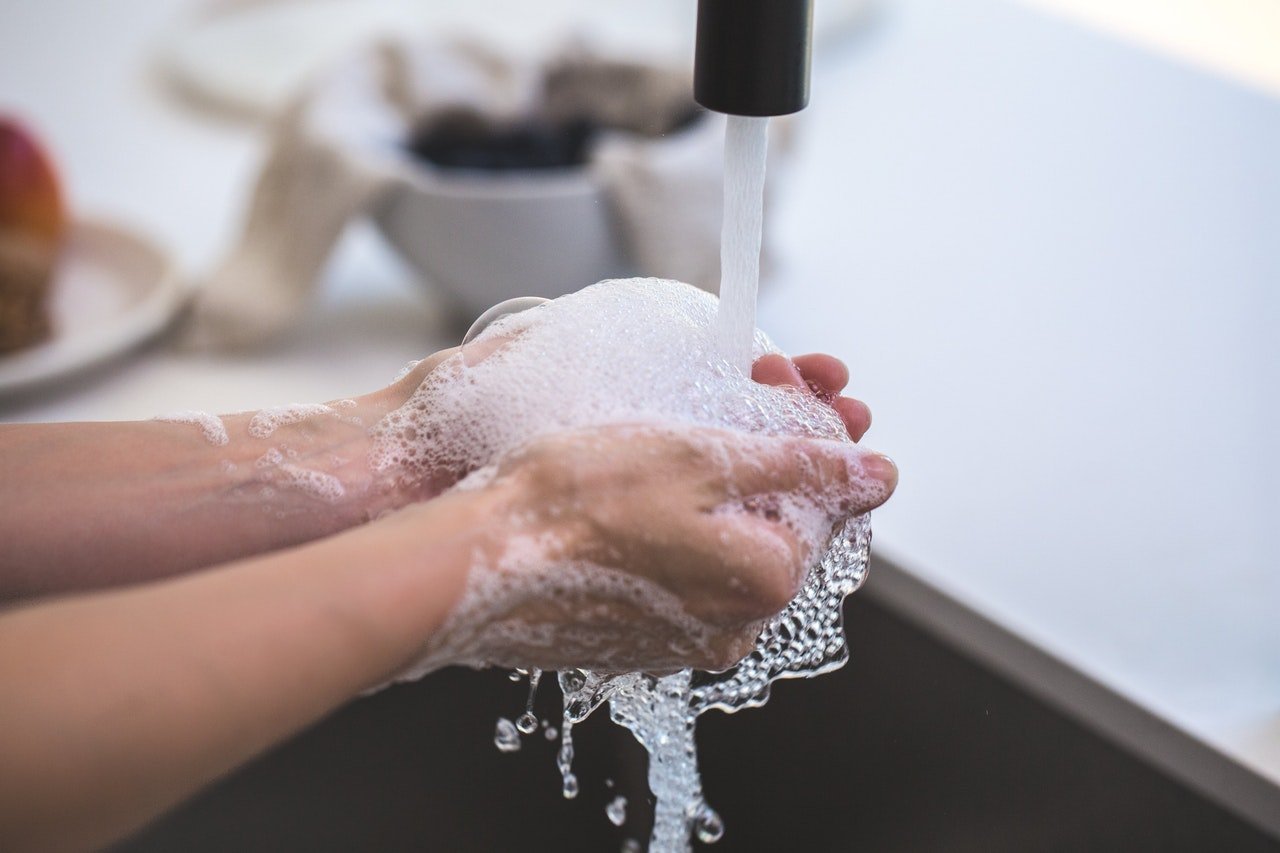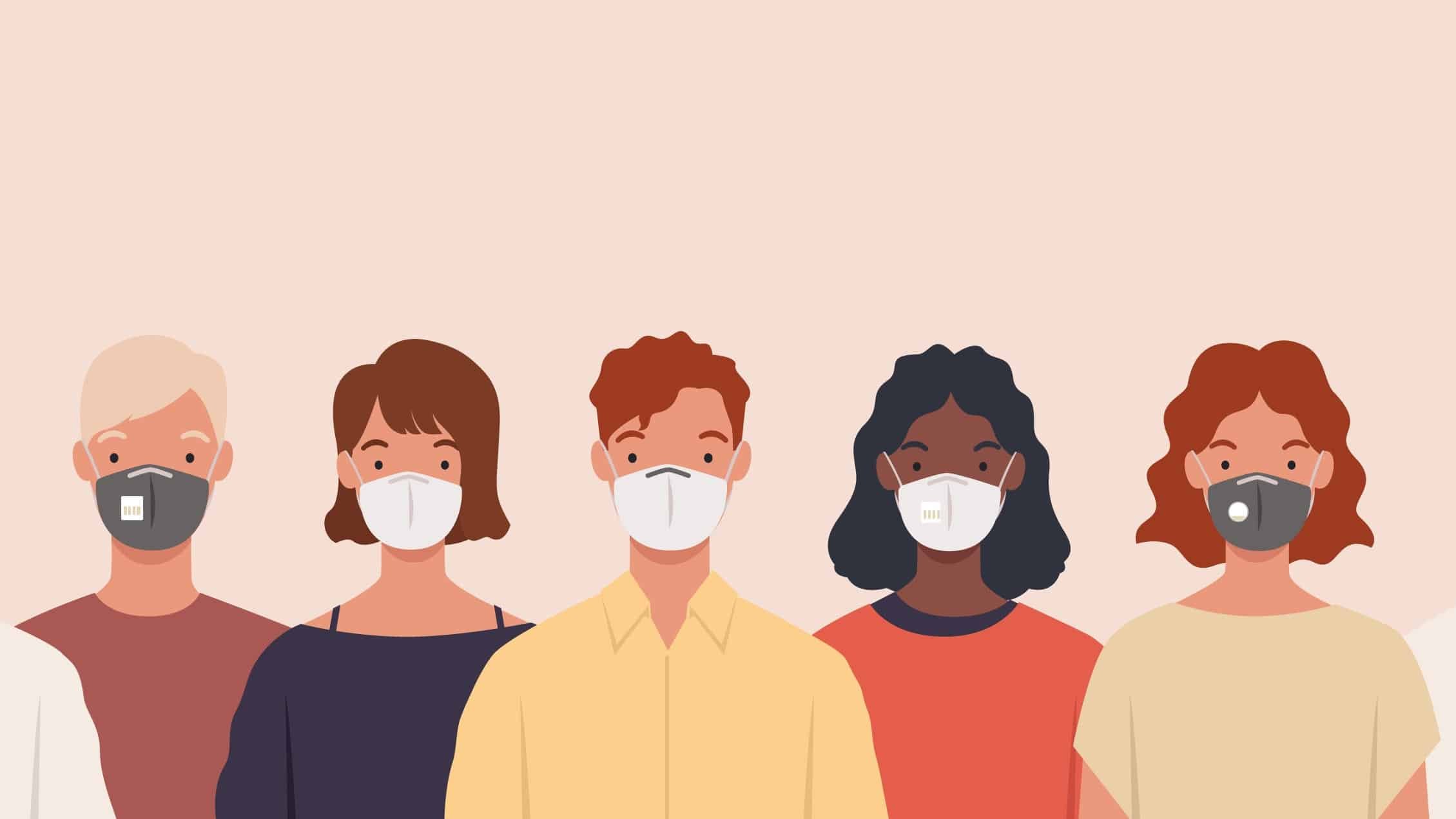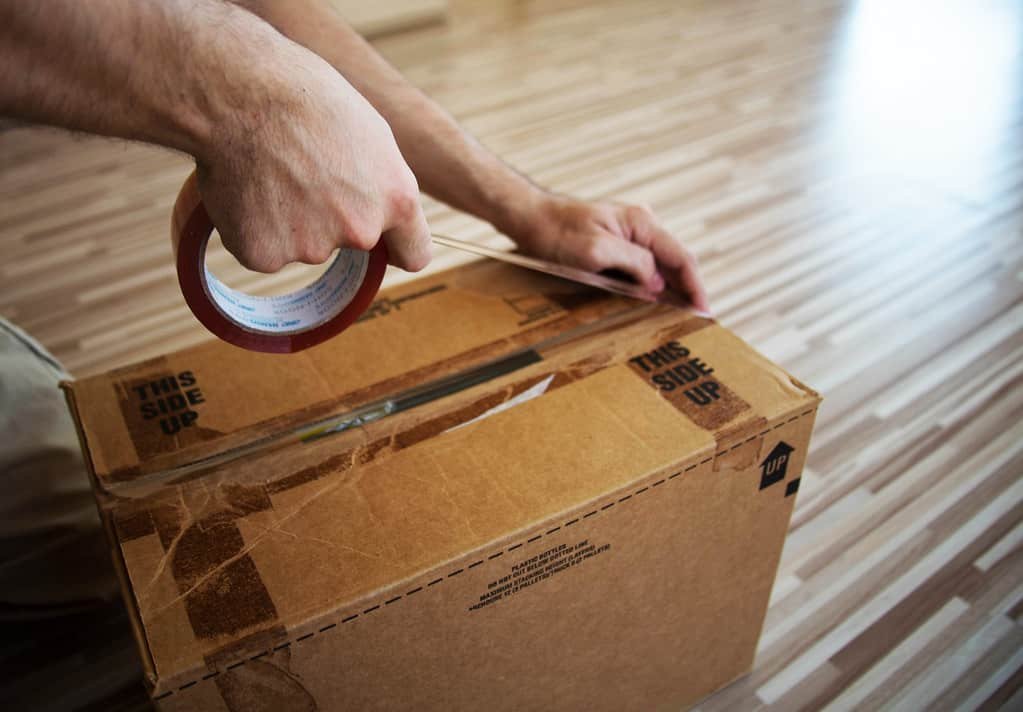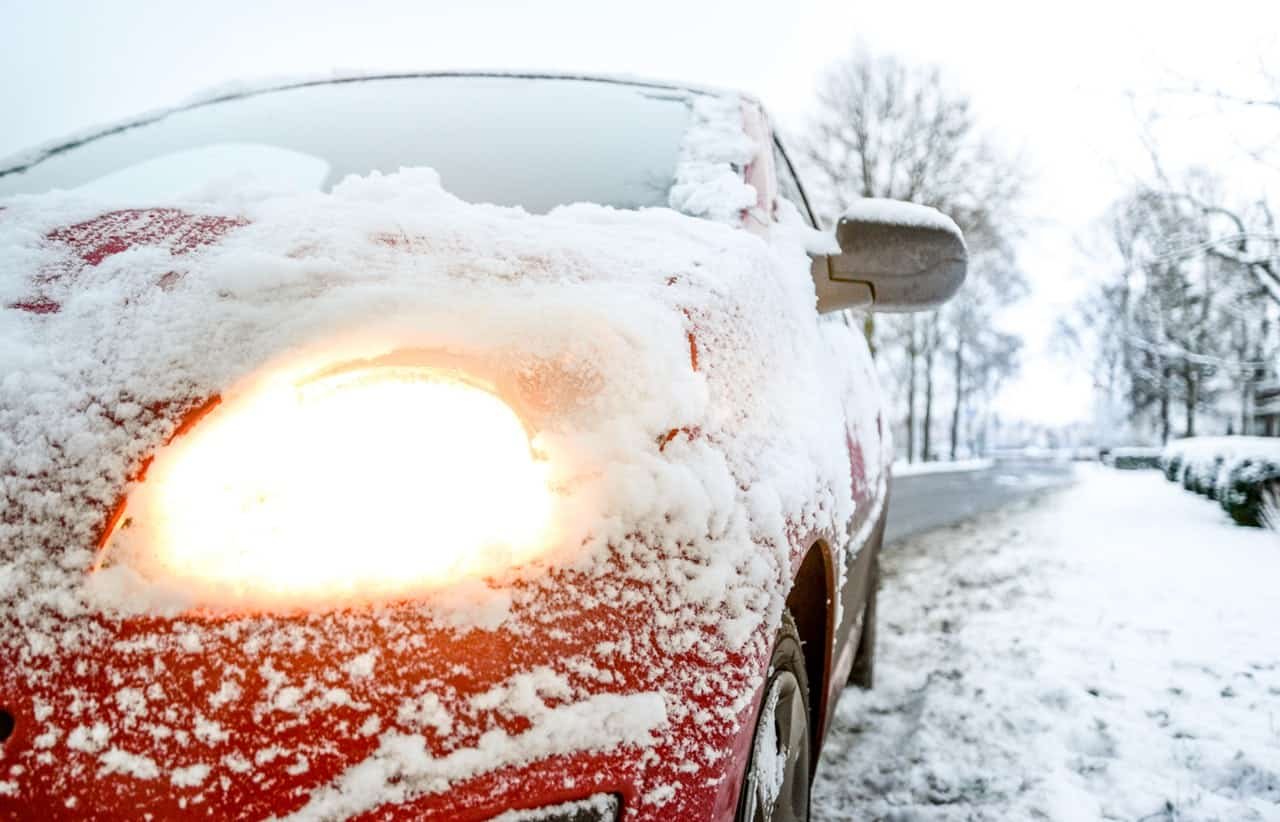In Pennsylvania, the law requires a certain minimum amount of auto insurance coverage. This amount is informally called a 15/30/5 Policy. These numbers are shorthand, for $15,000 of coverage for injuries you cause to one person; $30,000 of coverage for injuries you cause to two or more people; and $5,000 of coverage for damage you cause to the property of others. That’s it.
Perhaps you noticed, the required state minimum does not cover injuries to YOU or damages to YOUR VEHICLE. The state minimum is insufficient and outdated coverage, being in place since the 1970’s with no changes or indexing for inflation and the realities of modern life.
“Good” coverage protects OTHERS and protects YOU.
You should purchase UM/UIM coverage. UM/UIM is shorthand for Uninsured/Underinsured. This covers YOU for injuries you suffer by a driver that doesn’t have liability coverage (i.e. Uninsured) or doesn’t have adequate liability coverage (i.e. Underinsured). For example, if you are injured by a driver that is uninsured and you don’t have UM coverage in place, you are likely out of luck to be financially compensated for your injury. Similarly, if you are injured by a driver that is underinsured (e.g. the other driver only has 15/30 liability coverage) and you don’t have UIM coverage in place, you are limited to $15,000 of financial compensation for your injury. Worse yet, at any given time in Pennsylvania up to 20% of drivers are not insured. UM/UIM coverage gives you the power to insure all drivers on the road for as much as you want them to be insured for.
Pay extra for Stacking if you own more than 1 vehicle. Stacking allows you to combine UM/UIM coverage that you have on 2 or more vehicles and make it available to you all at once. For instance, imagine that you have $25,000 of UM/UIM coverage on each of the 3 vehicles in your household. If another driver is uninsured/underinsured and at fault for an accident that injured you, you are able to make a claim to your own insurance company for your injuries up to $25,000 because of the UM/UIM coverage you purchased. (Yes, you can make a claim against your own insurance company!) BUT, if you paid just a bit extra for Stacking, then you would be able to make a claim to your own insurance company for your injuries up to $75,000 (Because all 3 of your $25,000 policies are combined, i.e. “stacked” together).
You should purchase the Full Tort option. Full Tort allows you to financially recover for any degree of injury no matter how minor. The alternative is the Limited Tort option, which only allows recover for an injury that is a “serious impairment of a bodily function” or a “serious permanent disfigurement”. What does this really mean? For example, if you suffer whiplash causing neck and back pain resulting in 6 months of physical therapy, you might not be able to financially recover for your injuries if you chose Limited Tort on your auto insurance policy. Most attorneys would agree that a “serious impairment of a bodily function” or a “serious permanent disfigurement” would include a broken bone, herniated disc, permanent and noticeable scar and/or an injury requiring surgery. But there are many lesser injuries one could suffer that are still very painful, lasting and disruptive to your life, that may be barred if you select the Limit Tort option. Choosing the Full Tort option leaves nothing to chance.
You should purchase Full Coverage (which is not the same thing as Full Tort). Full Coverage commonly refers to Collision Coverage (when others crash into your vehicle or you back into that light post at the super market) and Comprehensive Coverage (damage caused other ways, such as hail stones, theft, vandalism, etc.). This is a good idea if your vehicle is valuable and is required if your vehicle is leased or financed. It’s also great protection if your vehicle is struck by an uninsured driver. Lastly, it’s great coverage to have if liability is unclear. If you think an accident is the other guys fault, but he thinks it’s yours, this coverage will require your insurance carrier to fix your vehicle promptly; then your carrier will duke out liability with the other guy on your behalf free of charge to you. Note: This is also where you have the option to purchase Towing and Rental Coverage.
Purchase Property Damage Liability Coverage greater than the $5,000 required state minimum. This type of coverage not only covers damage you cause to the other guy’s vehicle, but also to personal and real property. If you rear end someone sending their car crashing into a telephone pole, careening through a store front window while breaking their expensive Iphone and designer sunglasses, this is the coverage that protects you for all of that. Maybe $5k would cover the tab in the 1970’s, but not today. Nowadays most any accident, no matter how minor, will result in more than $5,000 in damage.
You should purchase Personal Liability Coverage greater than the minimum required $15,000/$30,000 (i.e. 15/30). There are all different increments of coverage available above 15/30, the most common starting at $25,000/$50,000 (i.e. 25/50) all the way up to $500,000/$1,000,000 (i.e. 500/1000) and beyond. This coverage compensates OTHERS for injury you cause them due to your negligence (i.e. mistakes, bad driving, etc.). It also protects YOU because your increased coverage will be adequate to compensate others, and therefore they are extremely unlikely to pursue your personal assets in a lawsuit. Win – Win!
Lastly, you should consider increasing your First-Party Benefits Coverage. The First-Party referred to here is YOU! This is coverage that compensates you no matter who is at fault. The state minimum coverage in PA does provide you $5,000.00 of coverage for your Medical Bills (called PIP). But if you buy “good” insurance, you can be covered for more than $5,000.00, plus Funeral Costs, Accidental Death Benefits and Wage Loss. Of course, when deciding on this coverage you should consider what other coverages you may have in place through Health/Life/Disability policies. There’s no sense in paying twice – though be sure to note that increasing First-Party Benefits Coverage is relatively inexpensive.
“Good” Coverage obviously costs more than the state minimum coverage. I’ve litigated thousands of auto cases; take it from me, if you’re ever in an accident, you will never regret having paid a bit extra for auto insurance. Before an accident, it will give you peace of mind and after an accident, it will compensate you and your family while protecting your assets.
The difference between “Good” and “Bad” auto insurance coverage is probably the cost of few nice dinners a year – you and your family are worth that. Eight (8) auto injuries occur in this country every minute and a fatality occurs every 13 minutes! Don’t skimp here.
In sum, I recommend to my own family and my clients:
1. Buy the optional UM/UIM coverage
2. Pay extra for Stacking to combine your UM/UIM coverages if you have more than 1 vehicle
3. Always pay more for the optional Full Tort coverage (not to be confused with Full Coverage)
4. Buy the optional Full Coverage to protect your vehicle against damage caused by Uninsured/Underinsured drivers
5. Buy increased amounts of Property Damage Liability coverage
6. Buy increased amounts of Personal Injury Liability coverage
7. Consider increasing your First-Party Benefits.
These are the basics but there is far more to the ins and outs of auto insurance. Please contact my office anytime if you have questions!
Call Risk Averse Insurance in Media, PA to get a quote on auto insurance.
Risk Averse Insurance is an independent insurance agency in Delaware County that specializes in providing high-quality insurance products at an affordable price.








